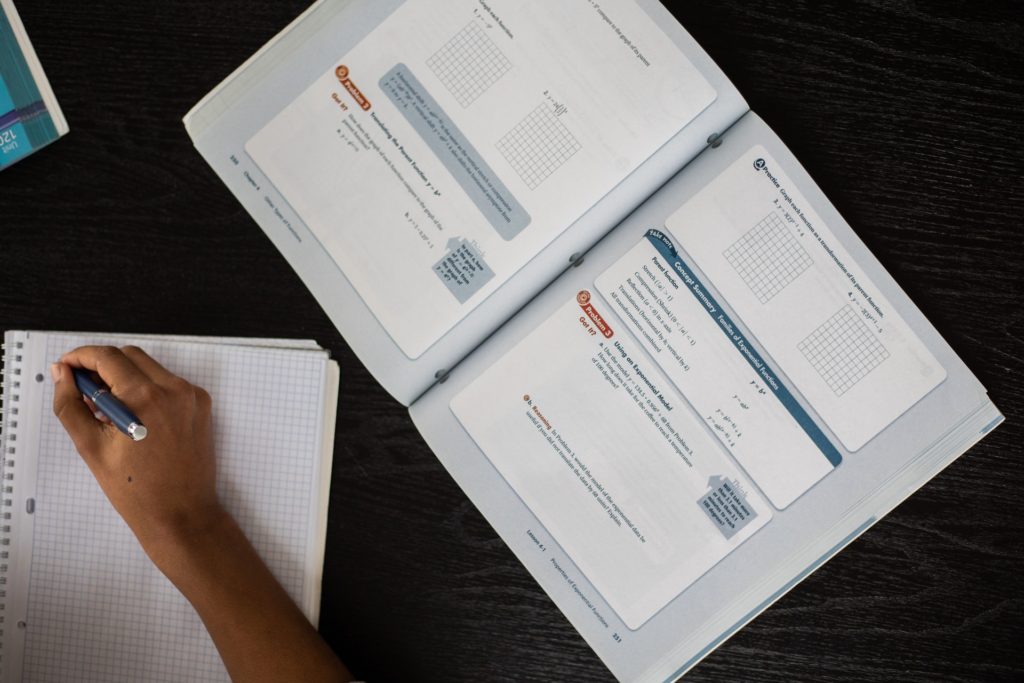Table of Contents
It has long been known that working memory is an important factor correlated with language learning. Working memory is the term for the brain’s ability to hold information and work with it. However, educational neuroscientists have yet to fully understand the relationship between working memory and language learning and if having a better working memory makes someone better at learning a language, if learning a language improves someone’s working memory or if it is perhaps a combination of the two.
Though there is evidence for both cases being true, new research has come out supporting the idea that learning to speak multiple languages improves the learner’s working memory skill. This is important as it is evidence that even if a person appears not particularly suited to language learning naturally, they can gain the ability as they go along rather than it being a prerequisite to even try. Before diving into the newest research, it is important to have a basic understanding of working memory and why it is so important for language learning.
What is Working Memory?
Working memory is the brain’s ability to hold information in focus and use it for a purpose. This is important in the context of language learning as learners have to hold ideas in their head and apply a new word to them, put that word into a grammatical context, and link it together with other words to form a sentence. If working memory abilities are low, students will struggle to remember words and structure sentences properly.
Having a higher working memory makes it much easier to do each of these difficult processes as well as making it easier to take notes while listening, read and think about pronunciation, and many other tasks common for the language learner. Therefore, if a person is born with a higher working memory ability, they may find many parts of language learning easier and appear to have a better chance of reaching fluency. However, despite being important for language learning, working memory is only one of many abilities required of a language learner from long term memory to reading comprehension.
How does Bilingualism Affect Working Memory
Recent research suggests that while having a naturally higher working memory may be an advantage when learning, simply the act of learning a language gives a person’s brain a boost to their working memory skills. This recent research finding is the result of a metastudy where researchers took the data from over 100 other studies and parsed the data looking for trends common among them all.
According to the researchers themselves, “the bilingual experience is associated with slightly higher WM capacity”. (Monnier, et al.) A key word to note here however, is the word “slightly”. While the results did show a clear average advantage for those who had learned two languages, this does not necessarily mean enrolling in a language class will suddenly make a person a savant in all areas. However it does show that language learning is not only useful in a practical sense in order to travel and do business abroad, but it also can be thought of as mental exercise that can help to strengthen people’s minds.
Conclusion
So to answer the question of which comes first, a good working memory or a good skill in a second language, we can continue our exercise model and ask which comes first, the muscle strength or the training. While some people are certainly born with more natural strength, it is those who go and train regularly who will have the best abilities in the gym.
Training at the gym will certainly come more naturally for some than others, but exercise in some form is useful and important for everyone. Similarly, though some may seem to take more quickly to languages, this gap between the two will lessen and become less important as they both gain proficiency and are able to communicate.
Students should not simply avoid languages if they struggle with them, but should instead continue studying and improving as that will be the best way for them to improve in their area of weakness. They don’t need to become fluent to improve their abilities either. Simply giving their best effort will be like going to the gym for their brain, helping them to work on their area of weakness and be more capable as a language learner and a student in general.
Teachers should keep this principle in mind when working with students who have learning difficulties in general. Rather than allowing the student to avoid doing work connected with their area of difficulty, they should be encouraged to still give it their best effort. Though they may never be savants, teachers should encourage strengths, but also work to shore up weaknesses in their students rather than avoiding life’s challenges.
Want more like this? Make Lab to Class a part of your weekly professional development schedule by subscribing to updates below.
References
Monnier, Catherine, et al. “Is bilingualism associated with better working memory capacity? A meta-analysis.” International Journal of Bilingual Education and Bilingualism, vol. 25, no. 6, 2021, pp. 2229–2255, https://doi.org/10.1080/13670050.2021.1908220.



